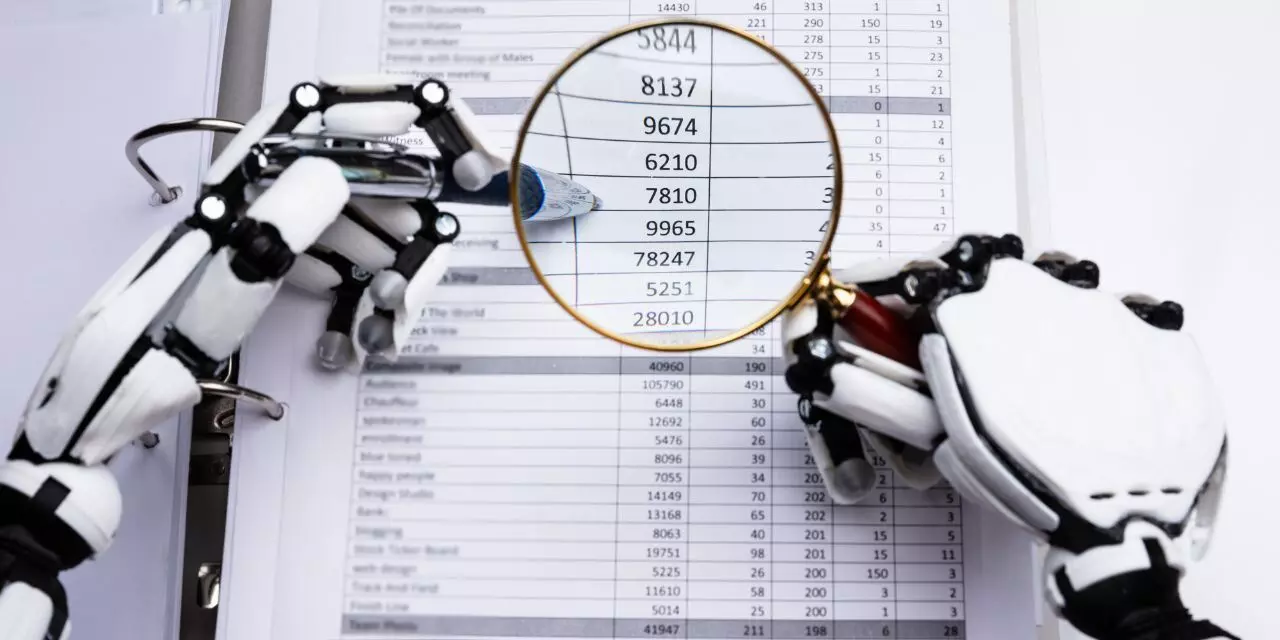AI will now cross-check data in IT returns with taxpayer’s Aadhaar, PAN
The AI program collects data connected to taxpayers’ PAN cards and Aadhaar cards. It then examines the linked data with the Aadhaar card to match transactions with the taxpayer’s bank accounts.
By Newsmeter Network
Representational Image.
New Delhi: The Income Tax Department announced that it will be implementing a new AI-powered system for scrutinising income tax returns (ITRs) this year. The new system, called AI-ITR, will use a variety of data sources, including PAN, Aadhaar, bank transactions, and land records, to cross-check the information reported on ITRs.
The AI program collects data connected to taxpayers’ PAN cards and Aadhaar cards. It then examines the linked data with the Aadhaar card to match transactions with the taxpayer’s bank accounts.
The program checks for details such as fixed deposits, quarterly interests, share dividends, share transactions, and gains from mutual funds and shares. These are the same accounts that taxpayers have declared in their income tax returns.
The software also looks for undisclosed bank accounts under the taxpayer’s name and joint accounts where they are listed as the second or third account holder. It even searches for postal accounts, cooperative banks, and local credit institutions where investments have been made jointly with family members who are not registered as income tax filers.
To ensure accuracy, the AI program checks the PAN card against government records for land and property transactions in the past three years. Additionally, the program reviews debit card and credit card transactions, as well as passport and visa details, and any purchases or sales of vehicles.
By comparing the collected data with the information declared in the Income Tax Return and Tax Deducted at Source (TDS) data, the AI program calculates the correct income tax amount, including any undeclared income. If any discrepancies are found, taxpayers will receive a demand notice under Section 143(i).